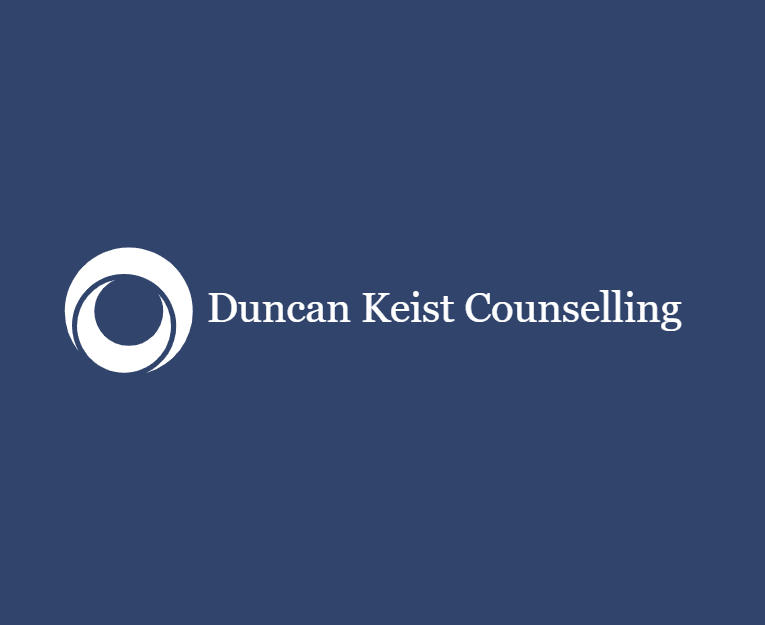A Comprehensive Guide to Effective Counselling in Metro Vancouver
Understanding the Importance of Counselling
Counselling plays a crucial role in mental health and personal development. In a bustling urban environment like Metro Vancouver, the need for effective counselling services is more pronounced than ever. With the fast-paced lifestyle, diverse population, and myriad of challenges faced by residents, counselling offers a safe space for individuals to explore their thoughts and emotions.

Effective counselling can help individuals manage stress, improve relationships, and achieve personal goals. It provides tools and strategies to cope with life's challenges, making it an essential part of holistic well-being. In Metro Vancouver, there are numerous qualified professionals offering a range of counselling services to cater to different needs.
Choosing the Right Counsellor
Selecting the right counsellor is a personal decision that can significantly impact the effectiveness of the therapy. It's important to consider factors such as the counsellor’s qualifications, experience, and areas of specialization. Additionally, the therapeutic approach they use should align with your personal preferences and needs.
Some common therapeutic approaches include cognitive-behavioral therapy (CBT), psychodynamic therapy, and person-centered therapy. Researching and understanding these approaches can help you make an informed decision.

Checking Credentials
In Metro Vancouver, counsellors should be registered with a recognized professional body, such as the BC Association of Clinical Counsellors. This ensures they adhere to ethical guidelines and maintain professional standards. Always verify a counsellor’s credentials before beginning therapy.
Types of Counselling Services Available
Counselling services in Metro Vancouver cover a wide spectrum of needs. Here are some common types of counselling available:
- Individual Counselling: Focuses on personal issues like anxiety, depression, or self-esteem.
- Couples Counselling: Helps partners improve communication and resolve conflicts.
- Family Counselling: Addresses family dynamics and improves relationships among family members.
- Group Therapy: Provides support and insight through shared experiences with others facing similar challenges.

Online vs. In-Person Counselling
With advancements in technology and changes in accessibility needs, online counselling has become increasingly popular. It offers flexibility and convenience for those with busy schedules or who prefer the comfort of their home. However, some individuals may find in-person sessions more effective due to the direct human interaction.
Maximizing the Benefits of Counselling
To get the most out of counselling, it's essential to approach it with an open mind and a willingness to engage actively in the process. Here are some tips to maximize your counselling experience:
- Set clear goals: Identify what you want to achieve through counselling.
- Be honest: Openly share your thoughts and feelings with your counsellor.
- Commit to the process: Attend sessions regularly and complete any assigned tasks or exercises.
- Reflect on your progress: Regularly assess how you feel and what changes you've noticed.
Remember, effective counselling is a collaborative effort between you and your counsellor. By actively participating and maintaining open communication, you can foster a productive therapeutic relationship and achieve meaningful outcomes.

